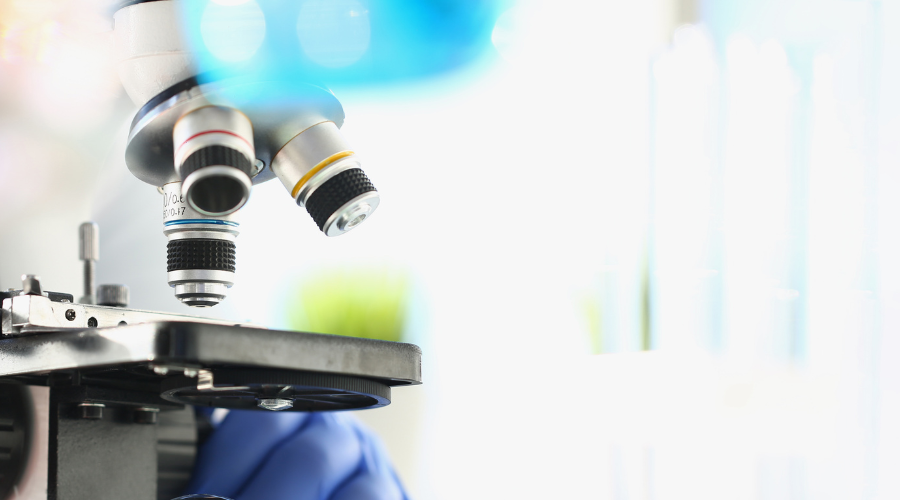Washington University Innovates Plastics Production with Synthetic Biology Center

A team of researchers at the McKelvey School of Engineering at Washington University in St. Louis has launched the Synthetic Biology Manufacturing of Advanced Materials Research Center (SMARC) to combat the environmental damage caused by the excessive use and disposal of plastic.
The center's mission is to push the boundaries of knowledge through interdisciplinary research, train a workforce proficient in AI and biological transformation in manufacturing, promote diversity and inclusion, and enhance innovation in synthetic biological materials manufacturing.
SMARC will focus on a few key areas, including:
- Environmental Crisis Addressed: Despite attempts to reduce plastic use and increase recycling, most plastic ends up in landfills and oceans, harming the environment and the economy. SMARC aims to tackle this issue head-on.
- Cross-Disciplinary Research: The center brings together experts in synthetic biology, machine learning, polymer science, material mechanics, and computational materials simulation to develop biodegradable materials to replace traditional plastics.
- Bio-Derived Plastics: SMARC seeks to create a future where biodegradable plastics from renewable sources replace petroleum-based plastics, leveraging advancements in synthetic biology and biomanufacturing.
- Educational Component: SMARC will develop innovative graduate education programs to foster cross-disciplinary innovation at Washington University and cultivate future innovators in the St. Louis community.
- Global Impact: The center plans to host an international symposium in April 2024 and envisions a significant global impact by addressing the pressing challenge of sustainable and biodegradable plastics production.
Washington University's SMARC is poised to make a substantial contribution to transforming the plastics industry, reducing its negative impact on the environment, and shaping a sustainable future.





